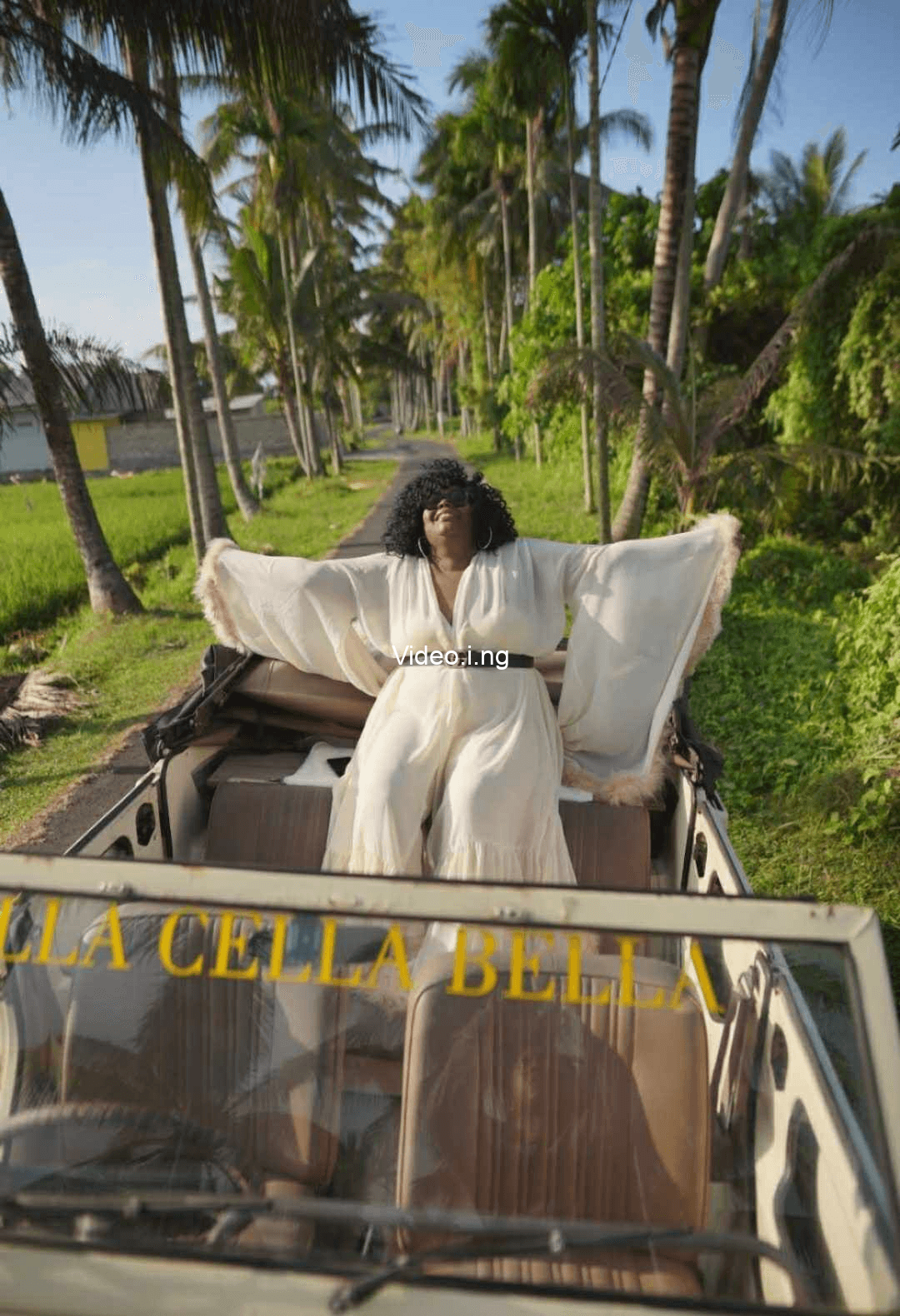

This interview was first featured in the July 2025 edition of the Belgian Embassy’s newsletter in Abuja. This candid conversation gives a look into the journey of a Belgian professional whose passion for social justice and fashion brought her to Nigeria. From international labor campaigns to couture design, Sandra shares her story of purpose and partnership—built on the belief that every platform is an opportunity to invest in people.
What brought you to Nigeria?
I first visited Lagos in March 2017 for a meeting with Nigerian trade unions and civil society organizations supporting a campaign against water privatization. I decided to stay an extra week to explore the markets and fashion scene—having long been fascinated by the vibrant Ankara prints and colors I’d seen over the years during my work at the United Nations in New York and Geneva. After that first trip, I was hooked.
How long have you been here?
I moved to Nigeria in March 2019, so it’s been six years now. I met my husband, Bolaji Alonge, in November 2017 and we got married a year later. He is a photographer, actor, and journalist, known as Eyes of a Lagos Boy.
Did you have any fears or doubts about coming to Nigeria?
Not really. I had already traveled extensively and lived in cities like Moscow, Geneva, London, and New York before coming here—so I felt immediately at home in Nigeria. I’ve always been a big city girl.

What inspires you most in the work you do here?
I’m a development professional with roots in both international policy and grassroots organizing. Over the years, I’ve worked with the International Labour Organization (ILO), the International Confederation of Free Trade Unions (ICFTU) and served as Head of Campaigns at Public Services International (PSI). These roles deepened my commitment to social justice, public services, and decent work.
Currently, I lead the Nigerian-German Centre for Migration and Development (NGC), a flagship initiative on behalf of the German government. The NGC works closely with the Federal Ministry of Labour & Employment. Our team supports prospective migrants and returnees in Lagos, Abuja, and Benin City—providing tailored guidance on skills development, entrepreneurship, and sustainable reintegration into the Nigerian economy. It has been an inspiring experience to build strategies empowering thousands of young people, working with a strong team of professionals and so many organizations that are coming together. What I love most is the opportunity to combine policy and practice.
Do you have other interests?
Beyond policy and programming, I’m deeply invested in the creative economy. I started sewing dresses when I was 10—what began as a hobby has become a vibrant side hustle. I’m the Creative Director of IFFIZI, a fashion label produced in Nigeria that blends African wax prints with European design. Our pieces are bold, feminine, and unapologetically expressive. IFFIZI celebrates real women and real shapes, challenging the idea of a universal ideal. The name combines Uffizi—the famed Florentine gallery—and efizy, a Yoruba slang meaning “stylish” or “cool.” Our philosophy: “We are one people.”



IFFIZI produces both custom and ready-to-wear collections, from executive two-piece suits to cocktail dresses, launched annually. We’ve held pop-up showrooms in Abuja and participated in Africa Fashion Week in Nigeria and London. The Belgian Embassy in Abuja has been incredibly supportive—we showcased IFFIZI in July 2024 at the EU Delegation during the Belgian EU Presidency, and at two events at the Ambassador’s residence.
What can you tell us about projects in the creative sector?
My husband just organized a groundbreaking art masterclass led by Belgian painter and professor Wouter Steel, introducing Nigerian artists to classical techniques used by masters like Rubens and Van Dyck. It is supported by Nigerian art foundations Legacy Art Foundation (LAF) and The Osahon Okunbo Foundation (TOOF), in collaboration with the Belgian embassy. We hope this sparks broader collaboration between Belgian and Nigerian art institutions.
Whether in policy, labour rights, or couture, my work is anchored in dignity, creativity, and opportunity. I see every platform—be it a campaign or a catwalk—as a space to shift narratives and invest in people.

Which place do you like most in Nigeria?
We lived in Lagos for four years and have been in Abuja for the last two. Because of my work, I split my time almost equally between both cities. I love them both for different reasons. I also have a soft spot for Osogbo and Akure, the hometown of my mother in law. As a child, I dreamed of living under a palm tree—and now that dream has come true.
What do you like most about Nigeria and Nigerians?
Nigerians are warm, witty, intelligent, colorful, and loud—in the best way possible. You simply cannot be overdressed in Nigeria! I love the climate, the lush tropical nature, the mix of beaches and mountains, and the deep cultural and historical richness. Yes, the country faces serious challenges, but I remain cautiously optimistic. Nigeria holds massive potential.
What advice would you give to other Belgians looking to invest in or relocate to Nigeria?
Come with a positive mindset and a good sense of humor—it’s essential. Nigeria is much more than what you see from the outside. Life here can be exhilarating and deeply fulfilling, but be prepared for a few bumps along the way. That said, it’s a fantastic place to be. I’m not planning to leave anytime soon. Who knows what the future will bring?
The post As a child, I dreamed of living under a palm tree – Sandra Alonge appeared first on Eyes of a Lagos Boy.




Facebook Comments